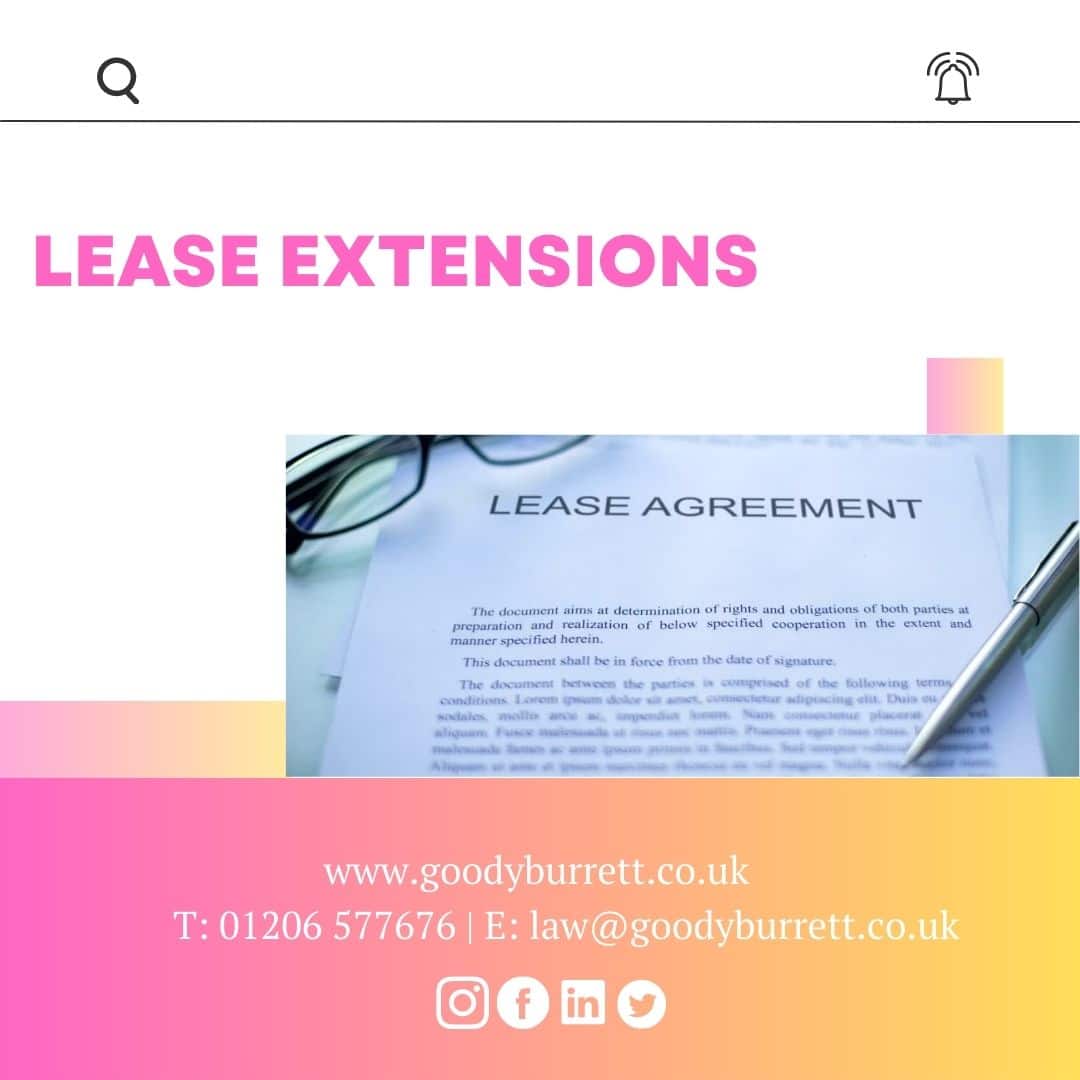
Lease Extensions
If you own a leasehold property in England, it’s essential to know the terms of your lease and how long it’s valid for. Most residential leases have a lifespan of 99 to 125 years, and if you’ve owned your property for a while, the lease may be approaching its end date. When the lease has 80 years or less left to run you need to consider extending your lease.
The first step is to check if you qualify for lease extension under the Leasehold Reform, Housing, and Urban Development Act 1993. To qualify, you must have owned the property for at least two years, and your lease must have originally been for more than 21 years
If you meet these criteria, you have the legal right to extend your lease by 90 years, and the new lease will be subject to a peppercorn ground rent (i.e., a nominal rent of zero).
To start the process, you’ll need to serve a formal notice on the freeholder, stating your intention to extend the lease. The notice must be in the correct form and contain specific information, such as the proposed premium (i.e., the amount you’ll pay to the landlord to extend the lease) and the date by which the freeholder must respond. It’s essential to get professional advice from a solicitor or surveyor before serving notice, as mistakes can be costly.
Once the freeholder has received the notice, they have two months to respond with a counter-notice.
The counter-notice should either accept your proposed premium or propose a different amount. If the freeholder proposes a different amount, negotiations will begin, and you may need to seek further professional advice. If you agree on the premium, the next step is to complete the lease extension, which involves signing a new lease and paying the premium to the freeholder.
In summary, while extending your residential lease can be a complex and costly process it’s essential if you want to maintain the value of your property. It’s crucial to seek professional advice and ensure you understand the process before proceeding. To get in touch with us, please call our office on 01206 577676 or email [email protected].
For more information
Contact us on 01206 577676 or you can email [email protected]
